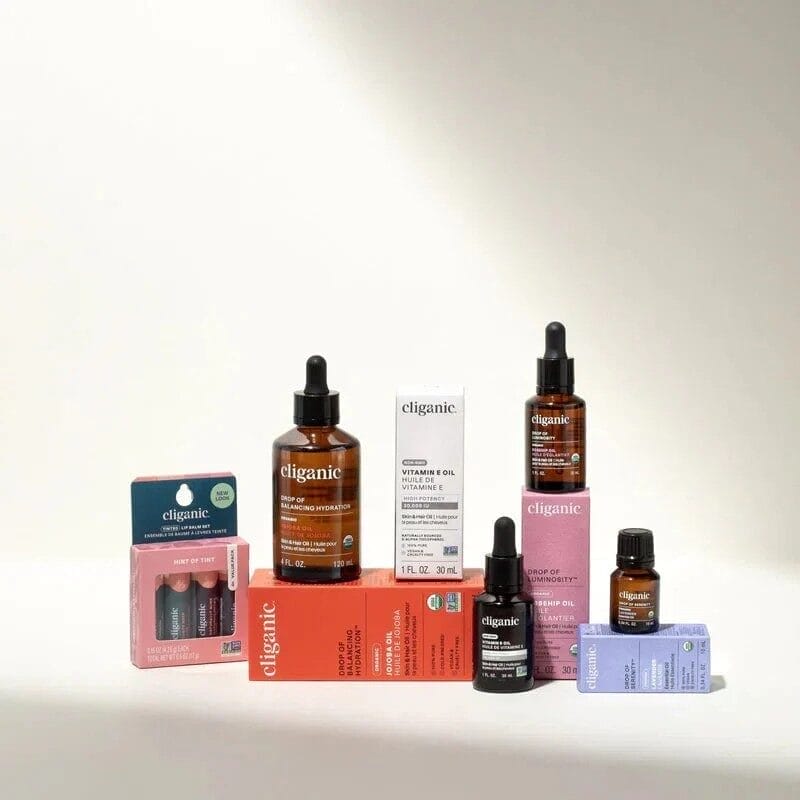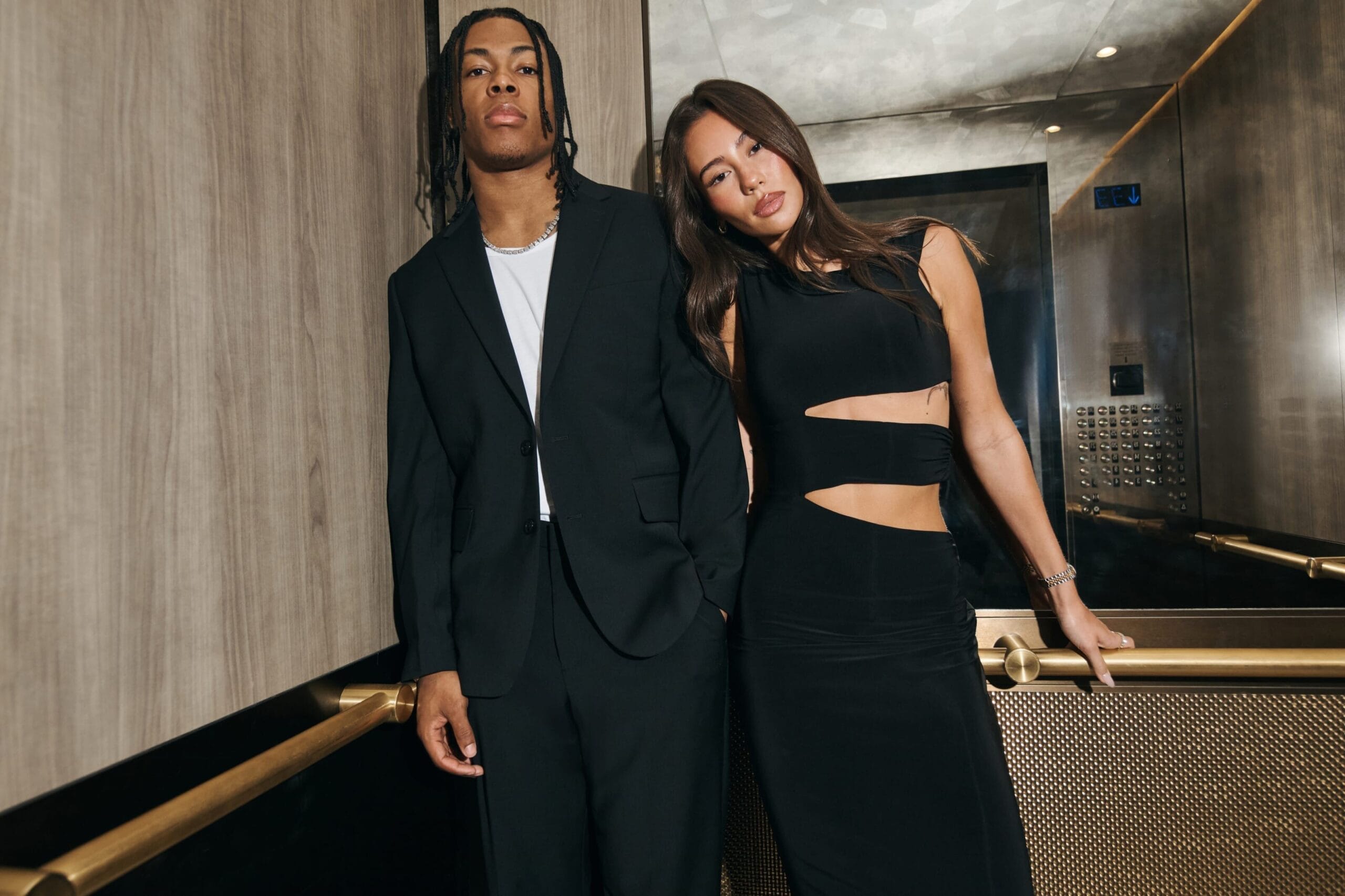A new study reveals that the line between private label and national brands is blurrier than ever, with most shoppers unable to tell them apart.
First Insight, a leader in AI-driven retail strategy, has released its latest research, “The Quiet Takeover of Private Label.” The findings show that while 71% of consumers believe they can spot a private label, 72% actually fail to do so when shown side-by-side images of store and national brands. This signals a major shift in consumer perception and the growing competitiveness of private-label products.
What Does The Study Say?
- Stigma Fades: 77% of consumers are unconcerned about how they’re perceived for buying private label products.
- Quality Perception: 84% trust store-brand quality as much or more than national brands.
- Influence of Marketing: 52% have tried a store-brand product due to in-store promotions, packaging, or displays.
- “Dupe” Culture: 47% have tried a private label because it mimicked a name-brand item, and 44% (rising to 70% among those earning $150k+) are more likely to try a private label if it’s marketed as a dupe of a high-end product.
- Brand Loyalty Shifts: Only 48% identify as brand loyal, while 32% are “brand curious” and 20% are motivated by price and savings.
- Switching Behavior: 71% would try a private label if their preferred brand was out of stock, and 45% have permanently switched after a positive experience.
- Income Differences: 44% of those earning $150k+ feel image-conscious about buying private label, compared to 27% ($51K–$149K) and 17% ($50K or less).
- Popular Categories: Grocery (56%), cleaning supplies (38%), clothing (34%), and personal care/beauty (33%) are the top private label categories.
- Advocacy and Traffic: 66% recommend private label products to others, and 34% are more likely to shop at a retailer for its private label offerings.
The New Rules of Brand Loyalty
“Shoppers aren’t loyal to brand names the way they used to be. They’re loyal to price, quality and marketing. This creates a highly competitive arena where the best–yet not necessarily the most well-known–brands will win,” Greg Petro, CEO of First Insight, said. “When a national brand stumbles, it opens up an opportunity for private labels to grow their market share—but only for those with products that feel intentional, well-designed and trustworthy. Consumers will let you know exactly which ones those are. You just have to ask them.”
First Insight recommends that retailers directly engage consumers and use their feedback to guide private label development, pricing, and presentation.

















